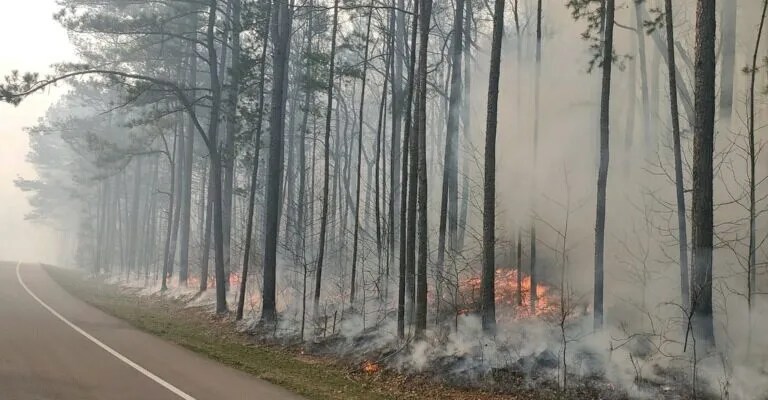Reviewed by: Cindy Martin
Restoring Alabama’s Black Belt Prairie: A family’s mission
Reading time: 2 minutes
Sponsored

Hazel Hutcheson Bell proudly calls her family, “accidental conservationists.”
For decades, the family’s 11,000-acre Sumter Farm and Stock Company farm in Geiger, Alabama has been primarily managed as a place for quail hunting.
That meant they regularly burned the land to create grassland the quail love.
Unbeknownst to the family, by managing the land intensively with fire for at least 80 years, they saved one of the largest privately-owned, intact remnants of Black Belt Prairie.
And that’s a big deal. According to the Southeastern Grasslands Institute, the rare prairie on the farm is so diverse, it is likely home to possibly 500-600 different kinds of plants.
As a result of this discovery, the Bell family has made it their mission to preserve the rare prairie and supply their neighbors in the Black Belt region with seeds and plants from the farm so that together, the community can help restore Black Belt Prairie.
Throughout 2025, we have examined special places and landscapes in Alabama. In September, we wrote about mountain longleaf forests and the Paint Rock Valley in the northeastern part of our state.
In this edition, we share about Black Belt Prairie and a family that is actively restoring it through the propagation of the prairie’s rare seeds, plants and ecotourism.
Check out our series about rare places in Alabama at: Restoring Alabama’s Black Belt Prairie: A family’s mission
Sponsored by:




